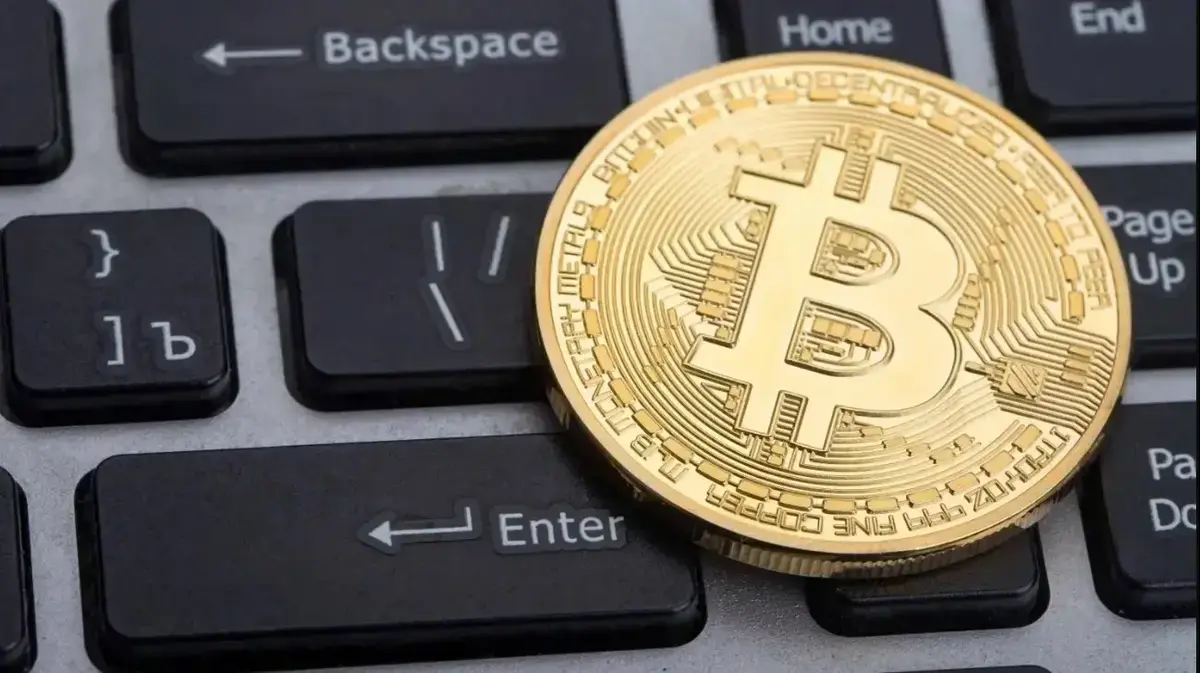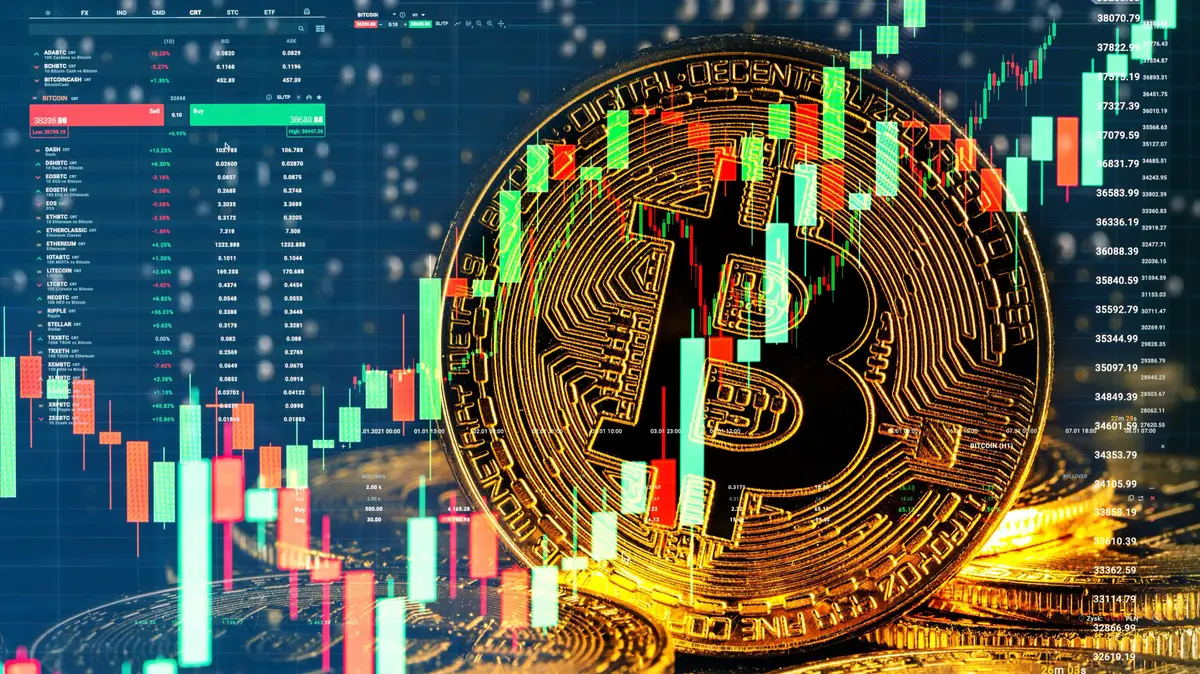Enlarge image
Financier of the revolution:
The investments of
Ethereum co-founder
Joe Lubin
created the second largest blockchain
Photo:
Jesse Dittmar / Redux / laif
Multi-billionaire Joseph Lubin (57) takes half an hour, even though the party of the year is taking place outside, the Art Basel Miami Beach art fair.
The co-founder of the crypto network Ethereum wants to send his message from Florida to Germany: Right now the society of the future is emerging, but at least the new Internet.
That Lubin would be one of the kings - of course.
How many billions he was able to secure for himself on the way there - he doesn't want to answer this question at the end of the conversation.
One to five billion, as "Forbes" wrote in early 2018?
Or rather five to ten billion, after the price multiplication of the cryptocurrency ether, which Lubin co-invented?
What should you write down now?
Lubin: "Please write that I have invested more than anyone else in building the ecosystem."
mm: "How much, in today's dollars, a billion or two?"
Lubin laughs and says, "No comment".
So it has to be enough that the industry service "Traders of Crypto" estimates Lubin's fortune at 5 billion dollars.
This is number four on the "Crypto Rich List", behind the stock exchange founders Sam Bankman-Fried (FTX, $ 26.5 billion) and Brian Armstrong (Coinbase, $ 14.7 billion) as well as Chris Larsen, the co-founder of the cryptocurrency Ripple.
Promise of a decentralized economy
What made them all super rich: The promise of an economy that is not dominated by a few tech platforms, but controlled by the users themselves, decentrally. Made possible by computer networks that people around the world come together to form: the blockchain. Here, transactions (such as fees for the use of computer power) are entered in a continuous digital register that can be viewed by everyone, and paid for with digital coins. The transactions are secured by verifiable mathematical procedures, the entire blockchain is protected by attack-proof encryption technology (cryptography), which is why we often talk about crypto systems.
The blockchain technology is "one of the most exciting new markets in years," jubilate analysts at Bank of America.
It's not just about digital gold like Bitcoin or digital payments - but about the next generation of information technology: "a programmable computer that can be accessed from anywhere and by everyone and that belongs to millions of people worldwide".
The possibilities are greater than many skeptics think.
In the near future, predicts the bank's new crypto asset strategy team, we will be able to use the technology to unlock our smartphones;
to buy a share, a house, or an interest in a Ferrari;
to receive dividends, borrow or lend money.
The trend scouts from Wall Street no longer see the greatest potential in Bitcoin, but in the new blockchain platforms such as Ethereum, Polkadot and Cardano. These computer networks could enable the blockchain applications of the future, just as Apple laid the basis for the app economy with its iPhone and its iOS operating system. After the price slide of the past few weeks, cryptocurrencies such as Bitcoin or Ethereum are again becoming attractive for many investors - many adventurers are considering getting involved.
Ethereum, the second most valuable blockchain network after Bitcoin, is already running hundreds of programs. The big bank predicts that they could turn sectors such as financial services, insurance, justice and real estate upside down. "With a market value of more than $ 2 billion and more than 200 million users, crypto assets are already too big to ignore."
Other professionals from the old world are more cautious, for example David Kelly, chief strategist at JP Morgan Asset Management: "Crypto assets look like highly speculative assets with widely fluctuating prices and a significant risk that their value will eventually drop to zero."
The coins are neither suitable as protection against inflation nor as growth investments, but at most offer a kind of purchase option for blockchain technology.
After all, Kelly also fluctuates, this blockchain has potential.
Read more with manager magazin +
Understand more, achieve more
Exclusive insider stories, trends and backgrounds.
Your advantages with manager magazin +
All m + articles on manager-magazin.de
exclusive research by the editors and the best of "The Economist"
Read the manager magazine
as an app and e-paper - on all your devices
Try one month for free
can be canceled online at any time
One month for € 0.00
Try it now for € 0.00
Already have a digital subscription? Register here
Read more with manager +
Always a glimpse ahead
Your advantages with manager +
manager magazin +
in the app
Harvard Business manager +
in the app
Read manager magazin and Harvard Business manager
as an e-paper in the app
All articles in the manager app
for only € 24.99 per month
Buy now
Already have a digital subscription? Register here
Restore iTunes subscription
manager + is processed via your iTunes account and paid for with a purchase confirmation.
24 hours before it expires, the subscription is automatically renewed by one month at the current price of € 24.99.
You can cancel the subscription at any time in the settings of your iTunes account.
To use manager + outside of this app, you must link the subscription to a manager ID account immediately after purchase.
With the purchase you accept our general terms and conditions and privacy policy.




